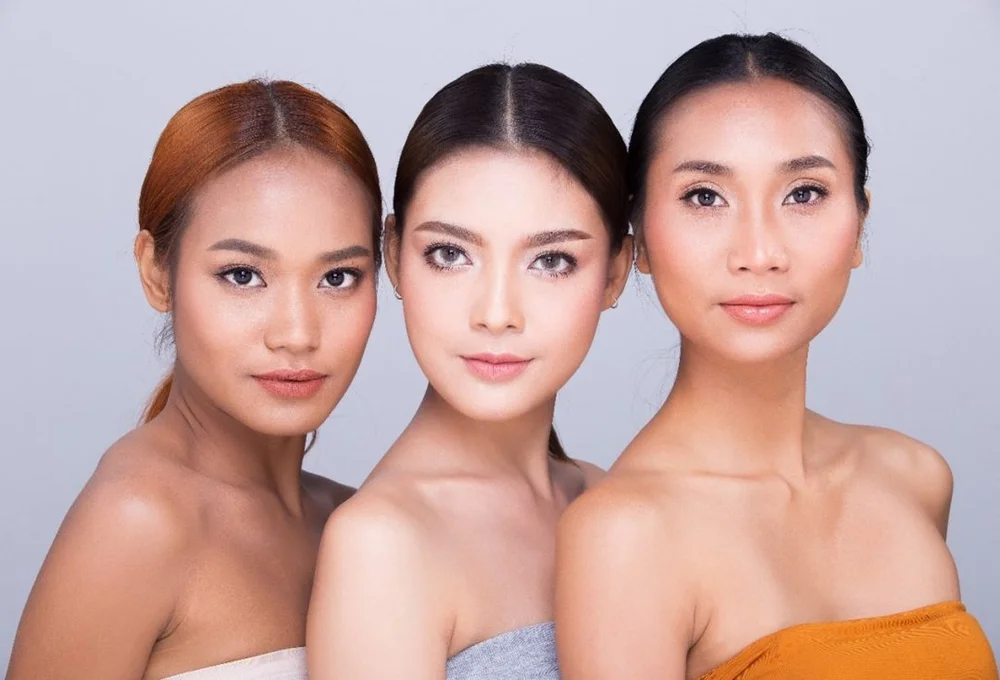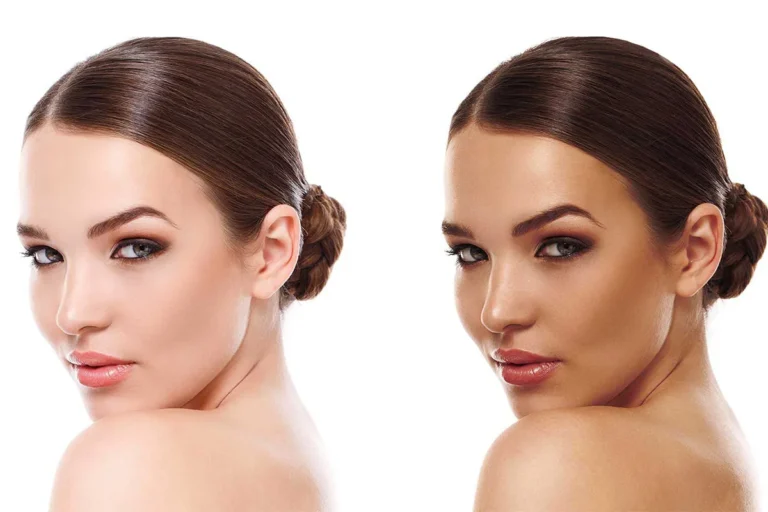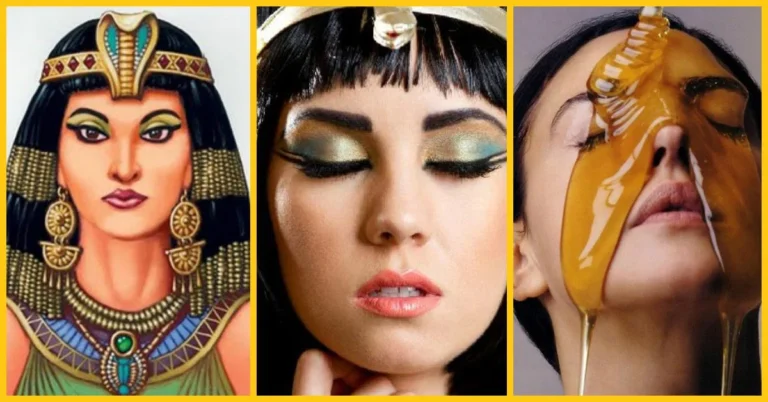What is Asian Skin Tone: All You Need to Know

Understanding the intricacies of Asian skin tone is crucial for personalized skincare and beauty choices. The diverse spectrum of Asian skin tones demands attention to detail, from determining the shades to suitable hair and clothing colors. Let’s delve into the fascinating world of Asian skin tones and explore the various aspects that make them unique.
How to Determine Asian Skin Tones?
Determining your skin tone involves considering both surface color and undertones. The Fitzpatrick scale is a useful tool for assessing skin color, ranging from fair to deep. However, undertones play a pivotal role, categorized as warm, cool, or neutral. Observing the veins on your wrist or assessing how your skin reacts to gold and silver jewelry can help identify undertones.
Asian Skin Tone Chart
An Asian skin tone chart serves as a visual guide to the spectrum of hues. Fair, light, medium, tan, and deep are the broad categories, each with its own subsets. Knowing where you fall on the chart aids in choosing makeup, clothing, and hair colors that complement your natural beauty. Let’s explore the different shades and celebrate the diversity within the Asian community.
Different Shades of Asian Skin Tone
Fair Skin
- Fair Asian skin tones are characterized by a porcelain-like complexion. Individuals with fair skin often have cool undertones, requiring skincare and makeup products that complement this delicate hue.
Medium Skin
- Medium skin tones are versatile, with warm or neutral undertones. This middle ground allows for a broader range of color choices, making it essential to adapt beauty routines to specific undertones.
Olive Skin
- Olive skin tones boast a unique blend of warmth and greenish undertones. Careful consideration of foundation shades and clothing colors is crucial to enhance the natural beauty of olive skin.
Tan Skin
- Tan skin tones often have warm undertones, and individuals may experience minimal burning and tanning easily. Choosing products that provide sun protection becomes crucial for maintaining healthy skin.
Deep Skin
- Deep skin tones showcase rich, deep hues with warm undertones. Embracing bold colors in makeup and clothing can enhance the inherent beauty of deep Asian skin tones.
Skin Care Tips for Asian Skin Tone
Maintaining healthy and radiant skin requires tailored care. Asian skin is often prone to hyperpigmentation and sensitivity. Follow these tips for optimal skincare:
- Hydration is Key: Use moisturizers with coconut oil for deep hydration.
- Sunscreen Routine: Apply a broad-spectrum sunscreen daily to prevent sun damage.
- Gentle Cleansing: Opt for a mild cleanser to avoid irritation.
- Hyperpigmentation Solutions: Incorporate serums with licorice root extract to combat uneven skin tone.
Asian Skin Tone Features
Asian skin exhibits distinct characteristics that set it apart from other ethnicities. Understanding these features is crucial for tailoring skincare and beauty routines. Here are key attributes of Asian skin tone:
Yellow Undertones
- A prominent feature of Asian skin is the prevalence of warm, yellow undertones. This warmth contributes to the overall complexion and influences the choice of makeup and clothing colors that complement the skin’s natural hues.
High Melanin Conten
- Asian skin is characterized by a diverse range of shades, stemming from its high melanin content. This factor contributes to the array of skin tones observed within the Asian population, ranging from fair to deep ebony.
Susceptibility to Hyperpigmentation
- Asians often exhibit susceptibility to hyperpigmentation, making them more prone to developing dark spots and experiencing uneven skin tone. This characteristic underscores the importance of targeted skincare routines to address and prevent these concerns.
Asian Skin Tone Celebrities
Celebrities with Asian skin tones not only captivate audiences with their talent but also serve as inspirations for fashion and beauty trends. Recognizing and celebrating these icons provides valuable insights into style and glamour, promoting diversity and representation. Here are some notable figures:
Lucy Liu: A Trailblazer in Elegance
Lucy Liu, acclaimed for her roles in film and television, showcases the elegance of fair Asian skin tones. Her fashion choices often highlight the versatility of pastels and cool tones, setting trends that resonate with individuals seeking refined and sophisticated looks.
BTS Members: Redefining Trends with Every Beat
The members of BTS, the globally renowned K-pop group, boast a diverse range of Asian skin tones. From fair to deep, their bold and innovative fashion choices have redefined trends, encouraging fans to embrace their unique styles. BTS inspires the exploration of vibrant colors and eclectic fashion statements.
Constance Wu: A Vision of Grace and Charm
Constance Wu, known for her roles in groundbreaking films and television series, represents the medium to medium-deep Asian skin tones. Her fashion sense often incorporates warm earthy tones and complements her radiant complexion, offering inspiration for those seeking a balance between elegance and modern charm.
Hair Color for Asian Skin Tone
Choosing the right hair color that complements your Asian skin tone is a key factor in enhancing your overall appearance. Here are some general recommendations based on different Asian skin tones:
Fair Skin: Soft browns or dark blondes.
- For individuals with fair Asian skin tones, soft browns or dark blondes work well to create a harmonious and subtle look. These colors add a touch of warmth without overwhelming the fair complexion.
Medium Skin: Warm browns or caramel highlights.
- Those with medium Asian skin tones can experiment with warm browns or opt for caramel highlights. These shades complement the warmth of the skin, providing a natural and radiant appearance.
Olive/Tan/Deep Skin: Rich blacks, deep browns, or vibrant reds.
- Individuals with olive, tan, or deep Asian skin tones can embrace the richness of colors such as rich blacks, deep browns, or even vibrant reds. These bold choices can beautifully enhance the depth of darker skin tones.
Asian Skin Tone Clothing Color
Selecting the right clothing colors can significantly enhance your overall look by complementing your Asian skin tone. Here are recommendations based on different skin tones:
Fair Skin: Pastels and Cool Tones.
- Individuals with fair Asian skin tones can opt for pastels and cool tones. Colors like soft blues, lavender, and mint green complement the delicacy of fair skin, creating a harmonious and elegant appearance.
Medium/Olive Skin: Earthy Tones and Warm Hues.
- For those with medium or olive Asian skin tones, earthy tones and warm hues work well. Consider colors like olive green, mustard yellow, and warm browns to enhance the natural warmth of the skin and create a balanced and earthy look.
Tan/Deep Skin: Bold Colors and Jewel Tones.
- Individuals with tan or deep Asian skin tones can embrace bold colors and jewel tones. Deep reds, emerald greens, and rich purples can highlight the depth of the skin, adding vibrancy and sophistication to the overall aesthetic.
Asian Skin Tone Makeup Color
Enhancing your natural beauty with the right makeup colors is a wonderful way to express your style and confidence. Here are makeup color recommendations tailored to different Asian skin tones:
Fair/Medium Skin: Soft Pinks and Peach Tones.
- For those with fair to medium Asian skin tones, soft pinks and peach tones work wonders. These gentle hues add a touch of freshness and radiance to the complexion, providing a natural and youthful look.
Olive/Tan Skin: Warm and Earthy Shades.
- Individuals with olive or tan Asian skin tones can experiment with warm and earthy shades. Consider using makeup in tones like terracotta, warm browns, and golden hues to complement the warmth of the skin and create a harmonious, sun-kissed appearance.
Deep Skin: Bold Reds, Deep Purples, and Rich Golds.
- Those with deep Asian skin tones can confidently embrace bold and rich colors. Experiment with bold red lipsticks, deep purple eyeshadows, and rich gold highlights to accentuate the deep tones of the skin and create a striking and glamorous look.
Products with Coconut Oil: A Natural Boost
Caring for Asian skin involves acknowledging its unique needs. Incorporating skin care brands products infused with coconut oil, known for its nourishing properties, can provide the necessary hydration and protection.
| Product Name | Features | User Reviews |
| Coconut Bliss Moisturizer | Enriched with coconut oil for deep hydration | “Leaves my skin feeling silky smooth!” – Sarah123 |
| SunGuard SPF 50 | Offers high sun protection with added coconut extracts | “Best sunscreen for my Asian skin” – BeautyEnthusiast |
Frequently Asked Questions (FAQs)
Q1: Is coconut oil suitable for all Asian skin tones?
Yes, coconut oil’s natural properties make it beneficial for moisturizing and nourishing all Asian skin tones.
Q2: Can I use the same foundation for different Asian skin tones?
It’s advisable to choose foundations based on individual undertones and shades to achieve a more natural look.
Q3: Are there specific skincare routines for deep Asian skin tones?
Deep skin tones may benefit from products rich in antioxidants and moisturizing agents, such as coconut oil.
Q4: Do Asian skin tones age differently?
While genetics play a role, a consistent skincare routine, including sun protection and hydration, is crucial for maintaining youthful skin.
Q5: How do I find my undertone?
Undertones can be determined by looking at the veins on your wrist. Green veins indicate warm undertones, while blue veins suggest cool undertones.
Conclusion
Navigating the world of Asian skin tones involves embracing diversity and understanding the nuances of individual beauty. Armed with the knowledge of your specific shade and undertones, you can confidently make choices in skincare, makeup, and fashion that enhance your natural features. Celebrate the richness of Asian skin tones and express your unique beauty with style and flair.






